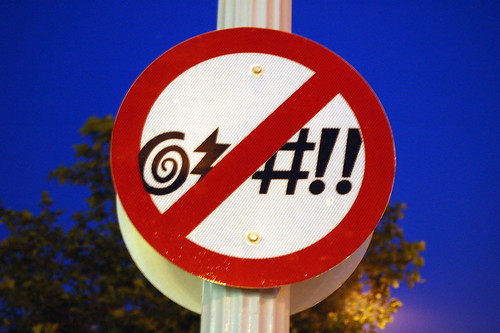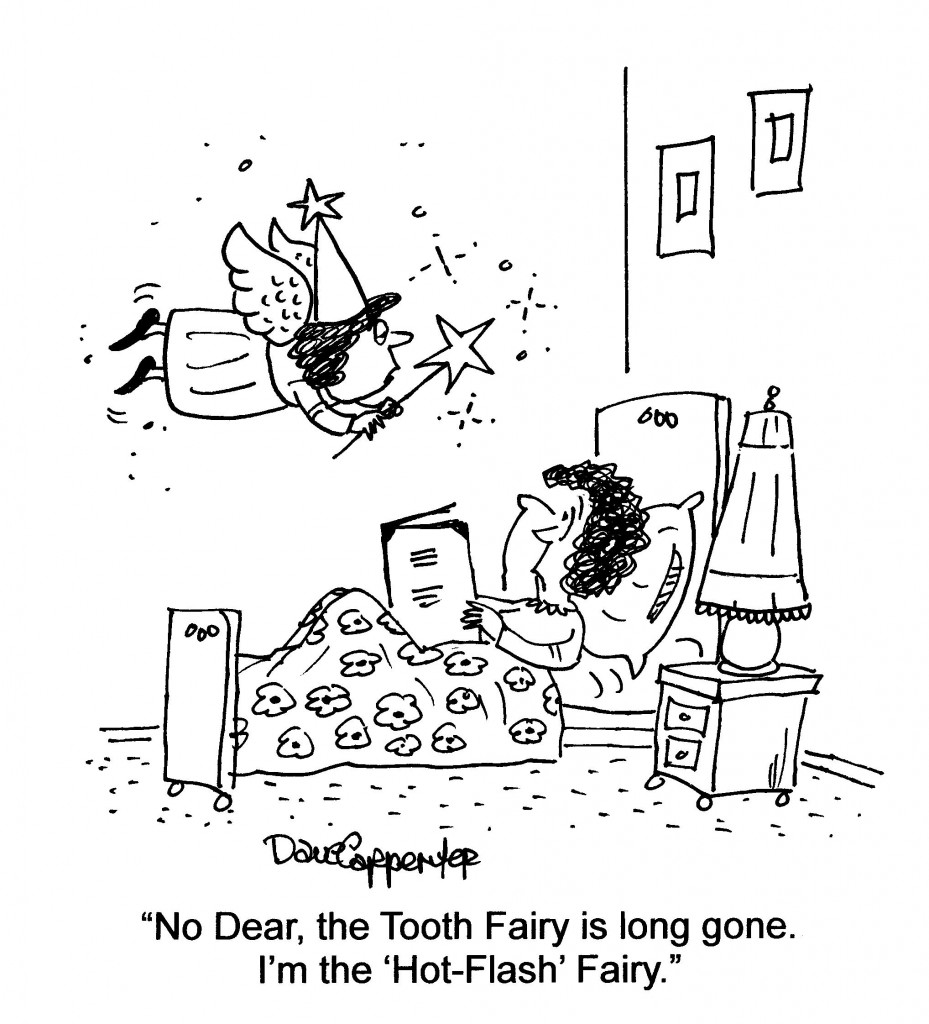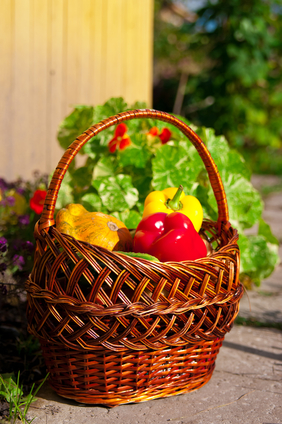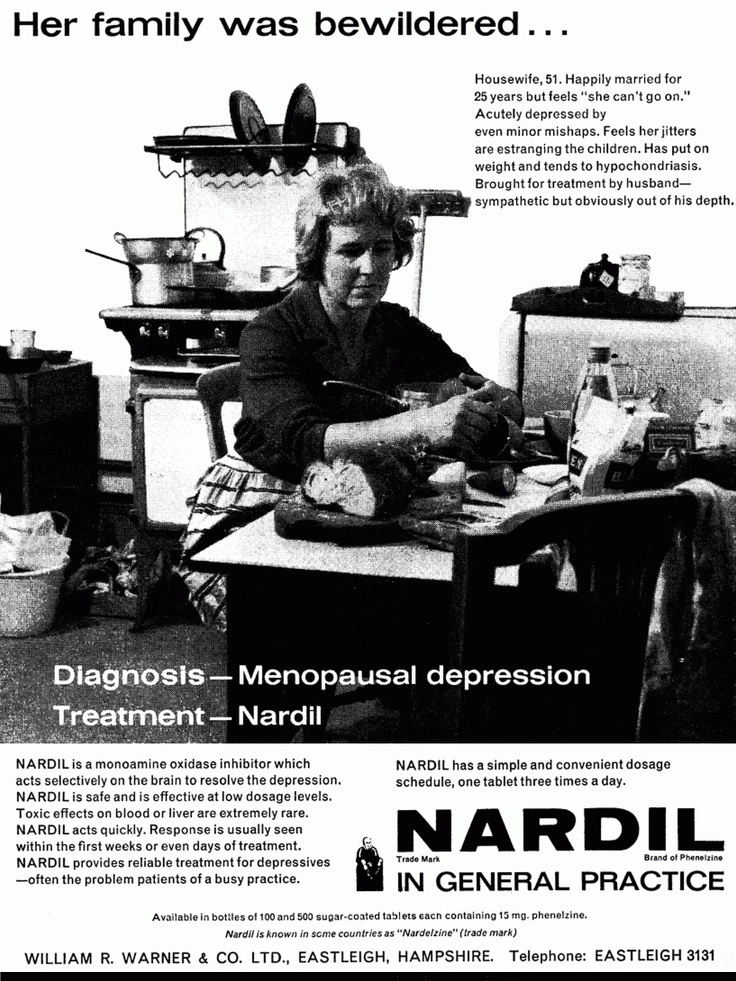Midlife. I don’t see four letters, do you?
A few years back, I wrote this post and it’s become evermore truer the older that I become. And so, on a Monday, I pose one question to you:
Do you believe that midlife is a four letter word?!

“The cultural narrative provided for women at midlife is either medical and menopause oriented — hot flashes, osteoporosis, heart disease, the estrogen replacement therapy decision — or socially devaluing –“empty nest,” a fertility has-been, abandoned for a younger woman, depressed.”
Wow! I read this introduction to a study that was published in the journal Social Work in the late 90’s and it got me thinking: what’s wrong with this picture?
Is midlife truly nature’s death sentence, a curse, a crumbling foundation foretelling a life well (or not so well) spent? When does this characterization become a self-fulfilling prophecy? And what can we do, as midlifers, to reverse this image? After all, change has to start somewhere, right?
A perfect place to initiate change is from a place within and a place outside of ourselves — by distinguishing ourselves from generations of women who came before us (for whom a self-view was often seen as selfish and whose opportunity to work outside the home was often trumped by the lack of quality positions) — and by asserting and reasserting our identities.
Are these steps in-line with the study findings?
The researchers, who investigated midlife experiences of 103 women between the ages of 40 and 59 reported the following:
- Respondents expressed high degrees of well-being, with 72.5% indicating that they were “very happy” or “happy,” and 64.3%, that this time was “not very confusing” or “not confusing at all.” However, despite being happy, many women still found this time of their lives challenging.
- Women who reported being most satisfied in their lives had a family income of at least $30,000 or more (which in today’s economy, is roughly equivalent to a little over $40,000), had good health, had at least one confidante or group of friends, had a high self-esteem, were not prone to self-denigration, and had a benign super ego.
One particular discovery that I find intriguing was that the groups scoring both the highest and lowest in midlife satisfaction unanimously agreed that what they liked best about midlife was increased independence and freedom, including freedom from worrying what others thought and freedom to develop a self-identity.
Not surprisingly, what women disliked the most about being middle-aged were physical changes, i.e. decreased energy, gray hair, wrinkles and extra weight.
Women scoring the highest in satisfaction and well-being also stated that they disliked the divide between how they saw themselves and how they imagined society saw them (positively and unattractive, respectively). Also at odds was the fact that they felt that men of the same age were revered for gray hair and wrinkles and did not lose social value in the same way that women did.
So, what are the biggest take-away messages?
- What matters most is not what women have but what they do with it
- Women actively participating in their lives and looking forward to new opportunities were the most satisfied
- Having a social world or at least one confidante with whom to speak freely and honestly about themselves, and feel understood, was critical
- Three selfs were also essential to wellbeing: self-effectance, self-acceptance and self-esteem
I know that certain things have changed since this study was published, such as the fact that research dollars are now being diverted away from simply looking at midlife changes in men and broadly applying the results across the genders, towards exploring midlife changes and how they specifically affect women’s health. What hasn’t changed, however, is the invisibility factor, that somehow, women over age 40 are no longer relevant.
So this is what I say:
Be relevant. Take the reins and effect change. Take a chance, a plunge. Value yourself. Embrace your friendships and your life. Grieve your former self and celebrate who are you are and who you will become.
Michelle Shocked once wrote “When I grow up, I want to be an old woman.”
When I grow up, I want to be. What about you?
Read MoreFriday Folly: Long in the tooth…
I was amused to read a post the other day on Facebook about a friend’s child awaiting the Tooth Fairy. And then it hit me: tooth fairy? I’m so long in the tooth that those days are long gone. Now? It’s the Hot Flash Fairy!
Hope you’ll get a few giggles; I did!
Read MoreThe path to healthy aging is paved with a healthy diet
Ladies, listen up! Have you heard the adage ‘a ripe old age?’ Well, researchers involved in the ongoing Nurses Health Study are reporting that an important key to healthy aging is diet. However, it’s not just any diet so before you convince yourselves that you’ve won the golden ticket, let me share that the focus is on modified Mediterranean, i.e. a diet rich in plant foods, whole grains, fish or omega-3 polyunsaturated fatty acids, a moderate intake of alcohol and a lower intake of red and processed meats.
For decades, experts have been sharing that people that follow a strict Mediterranean diet die less often from heart disease and cancer, have lower rates of stroke, cognitive impairment and depression and overall possess improved physical well-being and functioning. However, questions have remained with regard both to timing and also the exact dietary patterns.
Fortunately, a thorough review of dietary reports provided over a 15 year period by 10,670 women in their 50s and 60s shows that commitment to healthy eating in midlife provides women with a 40% greater likelihood of healthy aging.
So, what does ‘healthy aging’ mean exactly?
The researchers report that for the most part, and compared to ‘usual agers,’ healthy agers were free from chronic disease, were less likely to be obese and tended to suffer less from high blood pressure and high cholesterol. They also had fewer cognitive, physical or mental health issues or limitations. Most importantly, the benefits relied upon the ‘best of both worlds dietary habits,” i.e. a combination of an ‘alternative healthy eating index,’ (i.e. greater intake of veggies, less potatoes, fruits (excluding juice), whole grains, nuts, legumes, polyunsaturated fats and a lower intake of red or processed meats, juices, sugar, trans fats and sodium) and a traditional Mediterranean diet (i.e. veggies (excluding potatoes), fruits, nuts, whole grains, legumes, fish and monounsaturated fats, and a lower intake of red or processed meats and alcohol), which was found to boost health years later.
In addition to diet, another important takeaway from this information is the importance of the midlife time point: starting out on a healthy course in midlife predicted the likelihood of healthy aging, good health and overall well-being. The conclusion? No time like the present to make important dietary changes.
Read More
Bewitched, bewildered, and bemused…Nardil and the ‘pause
Regular readers of Flashfree know how amused and astonished that I am when I run across vintage menopause ads. This one is for Nardil, an agent used primarily to treat social anxiety and certain types of depression that don’t respond to other drugs, meaning that it is rarely the first antidepressant used. Ironically, while first prescribed for menopause in the Sixties, it remains part of the depression armamentarium 50 years later! Nardil has some significant side effects, including a worsening of depression and suicidal thoughts.
The housewife in the ad was brought into the doctor by her husband, ‘sympathetic but obviously out of his depth!’
Read More
Looking for a few good men…
No, I am not looking for a date! But I am looking for talented, male writers.
When I started this blog roughly 5 and a half years ago, my goal was to bring menopause out into the open, to promote dialogue, to remove stigma and to provide data-based, useful information about strategies to combat symptoms. Over the years, Flashfree has evolved to address midlife issues, career and self-growth. However, I realized that one critical piece of the puzzle was missing: the male point of view.
As much as I believe that women should rule the world (I kid!), the other half exists and influences how we think, how we behave and how we feel. Likewise, we do the same and sometimes without an intimate understanding of what makes the male psyche tick.
As we approach midlife and middle age, things start to shift, needs change, points of view alter and communication can break down. If my mission is to pave the midlife path and help you avoid some of the bumps and potholes, then I need to find a way to bridge the gap between the sexes.
Hence, Guyside.
And like all good things, Guyside is evolving.
Started over the summer by columnist, Bob LeDrew, Guyside is the male side of midlife and menopause and relationships and growing older. And as of the New Year, we’ll be making a few changes. Currently a once-monthly column, Guyside will now be taking over the Wednesday Bubble slot. And while we’ve got a few tricks up our sleeves and a couple of stellar male writers lined up to share some of the spotlight with Bob (as well as the trials and tribulations of this time of life), we are looking for a few good men, namely a few guys between the ages of 50 and 60 who know their way around a sentence or two.
If you are interested in contributing, drop us a note at flashfree111@gmail.com. Guyside is your side; it’s about time we’ve got some testosterone in these here parts!
Read More










